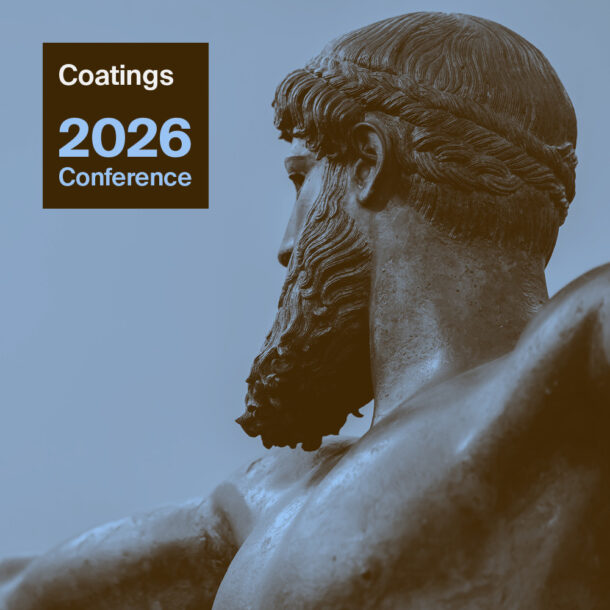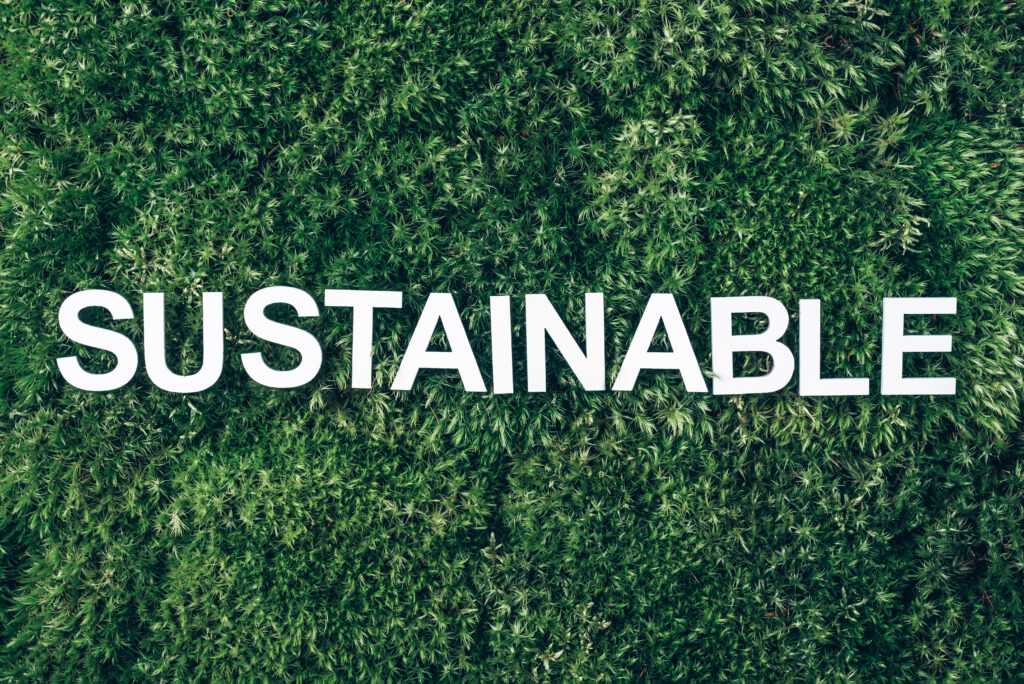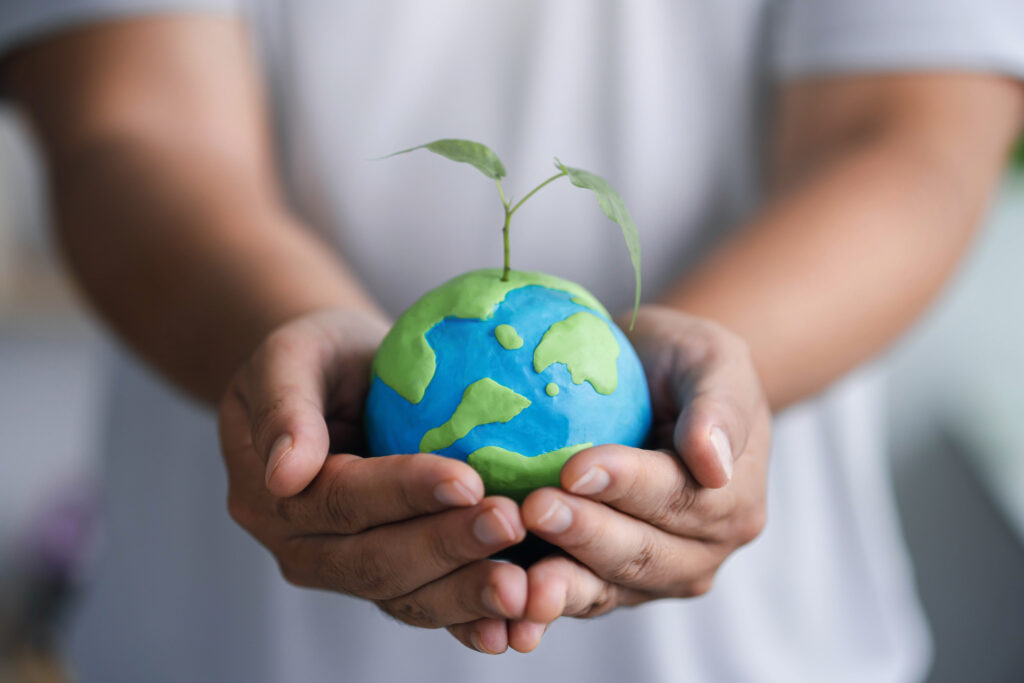
Close
The coatings industry is changing dramatically, driven by the push for sustainability and increasing regulatory demands for safer chemicals. The PROPLANET project is working towards this transition by using artificial intelligence (AI) and advanced computational tools to develop next-generation coatings, that are not only highly efficient but also safe and sustainable. The manufacturing process, testing, and optimisation of materials are being completely transformed by the developed digital tools, helping speed up the creation of environmentally friendly products.

The development of coating formulations typically involves extensive physical sample testing and trial-and-error procedures, which are time-consuming, costly and resource-intensive. Today, researchers can virtually test formulations before manufacturing starts, thanks to AI-enhanced modeling, which in turn significantly reduces development time, costs and resources. In order to optimise key coating characteristics, such as durability, water repellency, anti-soiling, and UV resistance from the early stages of development, researchers use AI methods like machine learning and predictive modeling to simulate ingredient interactions [1].
The integration of data from multiple sources and the simulation of complex material behaviors enable researchers to fine-tune formulations with greater precision and speed. AI-enhanced algorithms can identify patterns and correlations that would be difficult to detect manually, while computational models, such as first-principles simulations and environmental fate models can predict how coatings will perform under various conditions [2]. This digital-first approach not only accelerates innovation but also ensures that new coatings meet high standards for safety, sustainability, and functionality before they ever reach the production line.
The PROPLANET project is redefining coating development by integrating AI and computational modeling to create safer, high-performance coatings aligned with Safety and Sustainability by Design (SSbD) and circular economy principles. It focuses on three innovative solutions: bio-based hydrophobic microcapsules for textiles, hybrid siloxane coatings for non-stick and anticorrosion protection in food packaging, and hybrid siloxane coatings with anti-soiling and anti-reflective properties for glass applications.

Rather than relying solely on traditional trial-and-error methods, PROPLANET uses a suite of digital toolsThese models are supported by a robust database and refined through multi-objective optimisation algorithms within the PROPLANET Replication Tool, enabling tailored solutions for diverse industrial needs.
Each sector benefits from this approach: in textiles, PFAS-free coatings are digitally designed to repel water and oil while maintaining breathability; in food packaging, simulations enhance barrier properties and environmental stability of non-toxic coatings; and in glass applications, computational modeling ensures coatings improve light transmission, weather resistance, and UV protection. Across all domains, PROPLANET’s AI-assisted methodology ensures that coatings meet stringent safety and sustainability standards before a single sample is actually produced.
PROPLANET drastically decreases the number of experimental trials required to produce a specific coating formulation by simulating performance and improving formulations early on, which saves energy, testing time, and chemical waste [3]. This in turn enables industrial partners to scale up the newly developed greener solutions more economically and directly supports the project’s environmental goals.
AI is also essential for safety evaluation and regulatory compliance. The team can identify possible hazards early in the design process by automatically analysing toxicological profiles and chemical databases. This connects the innovation process with the European Union’s green and digital transitions and decreases the possibility that formulations would be later rejected because of health or environmental concerns. [4-6].

Beyond technical innovation, the incorporation of AI and computational tools into coating development offers an innovative opportunity for industry and society. By significantly lowering the time-to-market for new products, increasing consistency, and reducing development costs, these technologies give businesses a competitive edge. Early decision-making in the R&D process helps companies avoid costly reformulations later on and lowers their reliance on trial-and-error testing. AI helps businesses remain flexible in a rapidly changing regulatory and consumer environment, where standards for environmental responsibility and safety are higher than ever, by enabling virtual testing and expedited material screening [3].
Using AI to develop safer and more environmentally friendly coatings benefits society by protecting the environment and public health. Many conventional coating materials, like heavy metals, solvents, and PFAS, can accumulate over time in ecosystems or cause emissions or leaching. Proactively identifying and removing these hazards is made possible by AI-supported design, which substitutes hazardous materials with safer ones without sacrificing functionality. Europe’s leadership in sustainable innovation is strengthened by this proactive strategy, which is in line with important EU policy frameworks like the Chemicals Strategy for Sustainability, the European Green Deal, and the Zero Pollution Action Plan [4-6].
These developments can also provide greater economic resilience. AI-driven material design opens the door to new business models, job creation, and technical sovereignty in key industries like chemicals, building, packaging, and textiles as green technologies are increasingly becoming market differentiators. In addition to addressing environmental issues, Europe is promoting industrial regeneration and long-term competitiveness by integrating sustainability into innovation. This change is best illustrated by PROPLANET, which demonstrates how digital and green transformations can coexist to build a more secure, intelligent, and sustainable industrial future.

Through its Replication Tool, an interactive platform that enables other industries to adopt AI-supported approaches in sustainable coating development, PROPLANET is working to spread these innovations outside of the consortium as it continues to improve its digital tools and predictive models. The impact of PROPLANET’s findings will be increased by this knowledge-sharing initiative, allowing replication in a variety of industries and applications. In the end, incorporating AI and computational tools is not only spurring productivity but also integrating safety and sustainability into the core of material design. PROPLANET is paving the way for a more environmentally conscious and responsible future for European industry and beyond by enabling safer, quicker, and more intelligent coating development.
IDENER RESEARCH & DEVELOPMENT AGRUPACION DE INTERES ECONOMICO
Calle Earle Ovington 24-8, La Rinconada Sevilla, 41300, ES
Ask for more
info@proplanet-project.eu

Funded by the European Union under the GA no 101091842. Views and opinions expressed are however those of the author(s) only and do not necessarily reflect those of the European Union or HaDEA. Neither the European Union nor the granting authority can be held responsible for them.

IDENER RESEARCH & DEVELOPMENT AGRUPACION DE INTERES ECONOMICO
Calle Earle Ovington 24-8, La Rinconada Sevilla, 41300, ES
Ask for more
info@proplanet-project.eu

Funded by the European Union under the GA no 101091842. Views and opinions expressed are however those of the author(s) only and do not necessarily reflect those of the European Union or HaDEA. Neither the European Union nor the granting authority can be held responsible for them.
© Copyright 2025 by EXELISIS
© Copyright 2025 by EXELISIS IKE